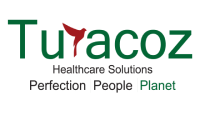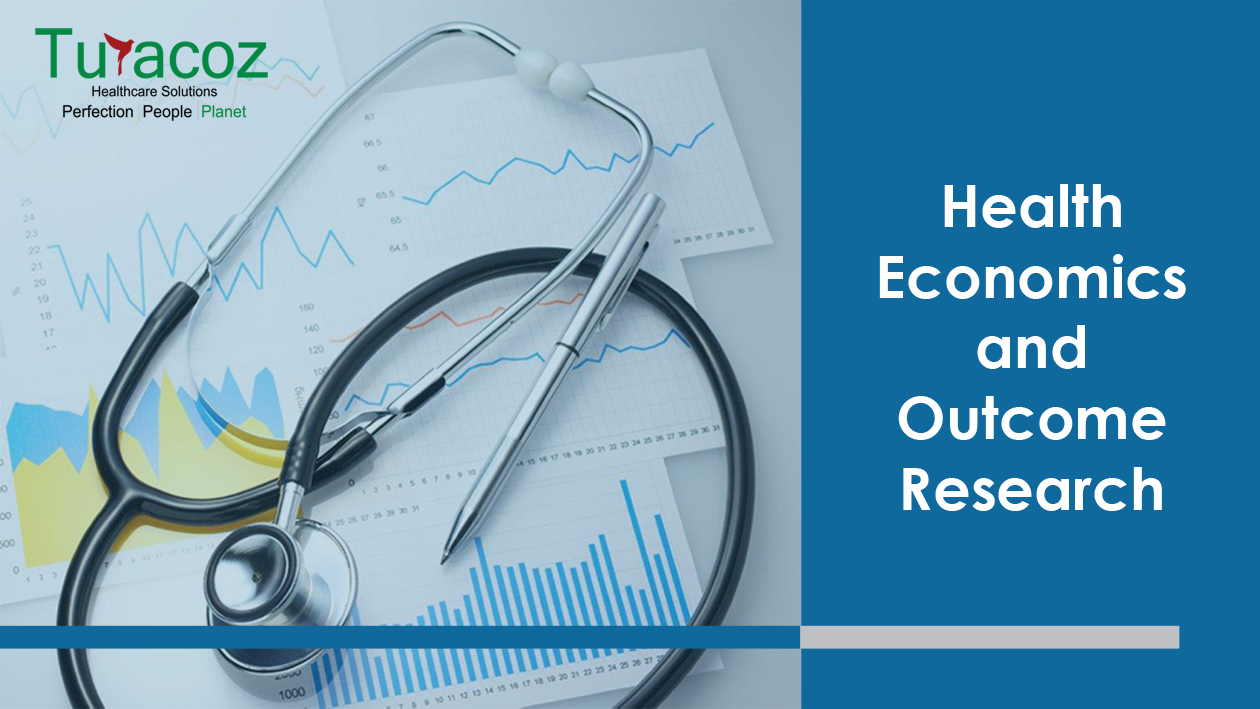Health economics and outcomes research (HEOR) activities comprise of Pharmacoeconomics (PE) research and health technology assessment (HTA) activities. Health economics (HE) is applied to analyze the economic aspects of health and healthcare, with focus on the costs and consequences of healthcare interventions.
PE, a sub-discipline of HE, provides a comparative value assessment between two pharmaceutical products or treatment mix. Outcome research (OR) helps in evaluating the effect of healthcare interventions on patient-related clinical, humanistic, and economic outcomes.
Thus, HEOR is a discipline that helps the stakeholders to fully understand the product value and its potential in real-world clinical practice. In healthcare industry, the stakeholders and payer rely on HEOR to gain market access and remain competitive. For this, pharmaceutical and medical technology manufactures provide clinical development information (i.e. efficacy, safety and quality) and economic evidences to guide decision makers regarding patient access to specific drugs and services. These evidences help in determining whether the treatment is effective in the populations they serve.
Sources of HEOR Evidence
To generate outcomes to monitor and evaluate healthcare services, we need to collect evidences from different sources which can be further used for decision-making processes. These evidences can be collected from different sources as shown in Figure 1:
Figure 1: Sources of health economics and outcome research (HEOR) evidence
Need of HEOR Evidences
The HEOR evidences are helpful in identifying unmet needs and addressing evidence gaps. The real-world data can be used to determine primary randomized control trial (RCT) endpoints (e.g. laboratory test results) which is considered as the most relevant clinical outcomes for physicians and healthcare decision makers. These evidences also help in promoting the patient-centered research and helps in developing and evaluating the cost containment strategies.
Tools for HEOR
There are several approaches which can be applied to the collected evidences through which a meaningful outcome can be achieved. Below are some tools which are used to analyze data.
- Exploratory Data Assessment
- Epidemiology study
- Cost-benefit Analysis (CBA)
- Cost of Illness Analysis
- Budget Impact Model (BIM)
- Cost-effectiveness Analysis (CEA)
- Satisfaction Assessment
- HRQL Analysis
- Assessment of Analysis Compliance and Persistence
- Market Assessment
- Pricing Strategy
Types of Outcomes
Generally, the outcomes are of three types namely, clinical outcomes, economic outcomes and humanistic outcomes.

Turacoz Healthcare Solution (THS) aim to deliver the best quality and guideline compliant documents to the pharma and different sectors of healthcare industry. We are dedicated in providing scientific/medical writing support to the industry and academia. With expertise in several clinical trial related documents like Investigator Brochures (IBs), Protocols, Clinical Study Reports (CSRs) Prescribing Information (PI), and Common Technical Documents (CTDs). We also provide services for health economics and outcome research.







































